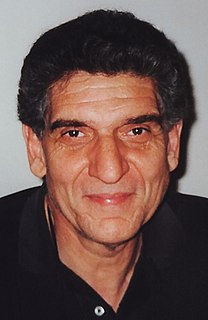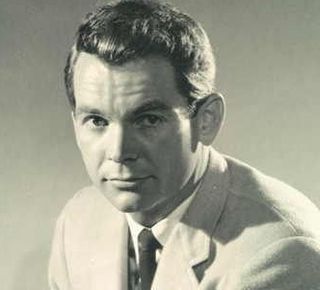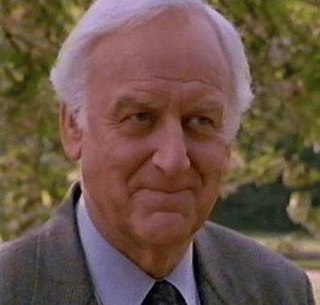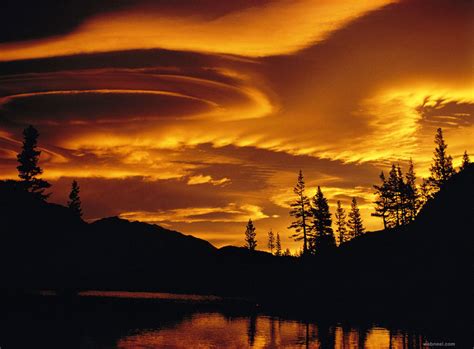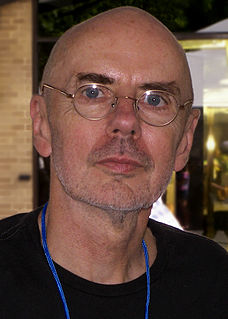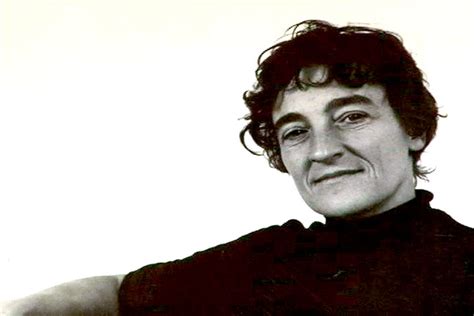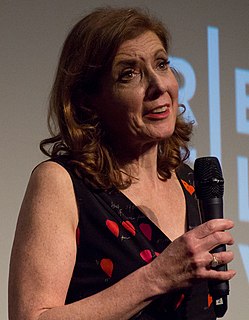A Quote by Leonard Nimoy
Years ago - in the 70s, for about a decade - I carried a camera every place I went. And I shot a lot of pictures that were still life and landscape, using available light.
Related Quotes
One of the most durable successes of the war on poverty was to dramatically reduce the number of elderly poor in America. That's still true today. But, by contrast, child poverty has shot up over the last few years: A decade ago, about 16 percent of children in America were poor - which is a shockingly high percentage. But it's not as shocking as today, when we see that 22 percent of kids live in poverty.
Seventeen's not so young. A hundred years ago people got married when they were practically our age." "Yeah, that was before electricity and the Internet. A hundred years ago eighteen-year-old guys were out there fighting wars with bayonets and holding a man's life in their hands! They lived a lot of life by the time they were our age. What do kids our age know about love and life?
You don't get a script sent to you for two years, it crosses your mind, 'Gee, what's going on?' Then five years pass, and pretty soon a decade has gone by. Finally, you say to yourself, 'Well, if in fact that's it, then let me be happy with 30 pictures that made about $460 million and pictures that made a lot of people laugh.'
When I first asked to take pictures of women at their homes, I was using my formal camera and I struggled to get the shots because I was still very much in the role of the photographer. Then the next time I had this little digital camera and their response to me would be completely different - I was a friend and I got new kinds of pictures. I was always treading a line between photographer and friend.
I chose to be a photographer twenty-two years ago, but I don't know that I'd make that choice again. Back in the early eighties, I still thought I was doing okay, trying to order and shape the world with my camera. Now that I know a bit more about living and dying, about our planet and its complex problems, I'm a lot less comfortable with my images of people. Still, I haven't a clue what else to do.
I think I was lucky to come of age in a place and time - the American South in the 1960s and '70s - when the machine hadn't completely taken over life. The natural world was still the world, and machines - TV, telephone, cars - were still more or less ancillary, and computers were unheard of in everyday life.
Given the lack of public skills in reading photographs, given that photographic content is sometimes buried in beauty, contemporary landscape photographers are often condemned to making pretty pictures. Dramatic clouds and sifting light can overwhelm more mundane information. Yet who can resist beautiful landscape pictures of one kind or another? Not I.
I'll never forget the moment when I saw a red light go on, on the camera, and that image translated to the monitor, and then a different light went on and the shot changed, and I went, "Wow, that's how it's done! That's how that gets to my TV! This is what I want to do with my life!" I literally had that moment of epiphany, at eight years old.
There are moments when I can wander through my childhood's landscape, through rooms long ago, remember how they were furnished, where the pictures hung on the walls, the way the light fell. It's like a film - little scraps of a film, which I set running and which I can reconstruct to the last detail - except their smell.


